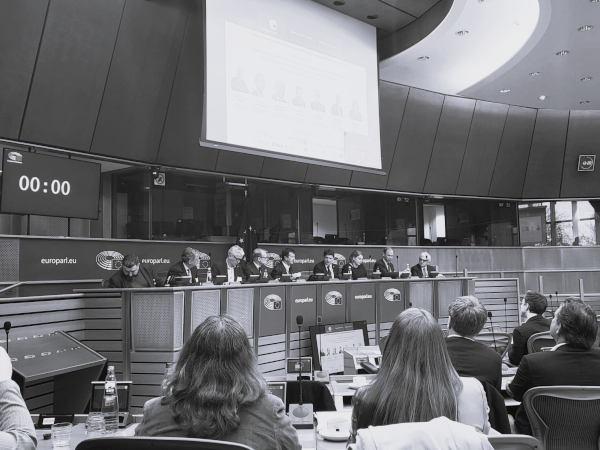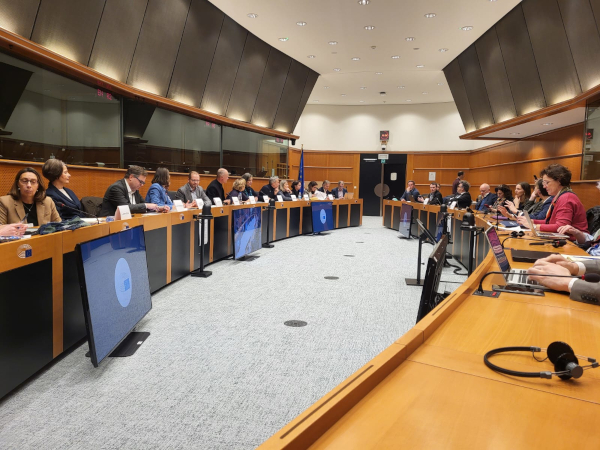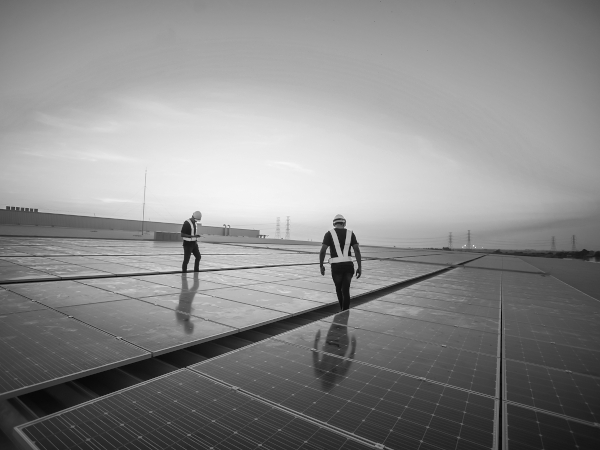Date: 15 September 2012
The compromise has still to be formally approved by the Parliament in October to be officially adopted.
Under this agreement, Member states are required to set up long term strategies to renovate both public and private buildings, including measures to stimulate deep renovation. They have to renovate annually 3% of the buildings owned and occupied by their central government with a total useful floor area over 500m² and 250m² as of 9 July 2015. These renovations must at least meet the minimum energy performance requirements set out in Article 4 of the EPBD. In other words, the scope of buildings concerned is extremely limited and Member states have to renovate their public buildings to meet at least cost-optimal levels defined by them. Hence the importance of national glass associations advocacy at national level on EPBD implementation.
Member states are also encouraged to set up financing facilities to achieve the objective of the directive and building renovation in particular. They must also ensure that central governments purchase only products, services and buildings with high-energy efficiency performance, insofar as this is consistent with cost-effectiveness and economic feasibility.
This compromise is a step in the right direction given the opposition of some Member states to any ambitious and constraining framework for energy efficiency at EU level. Nevertheless, it lacks concrete and stringent measures to trigger a sufficient rate of building's deep renovation likely to significantly grow the market for added-value glazing technologies.
Please see the Glass for Europe reaction to the EED agreement. >>here







Add new comment